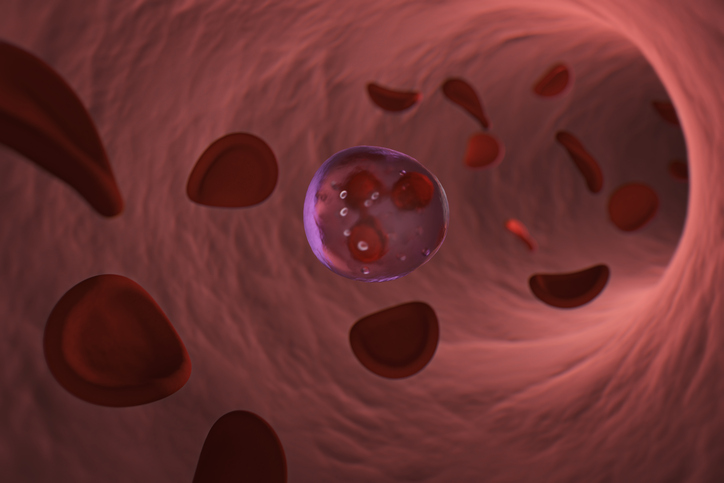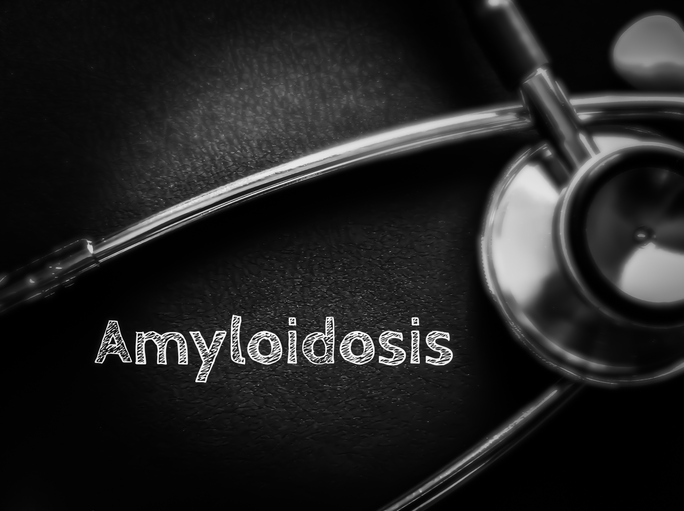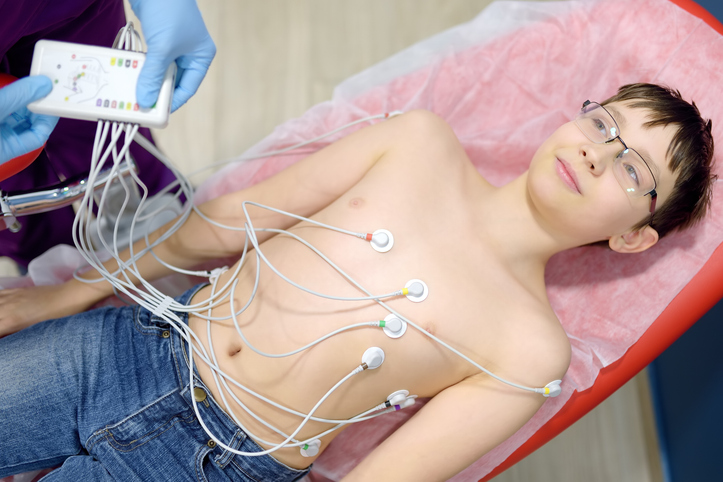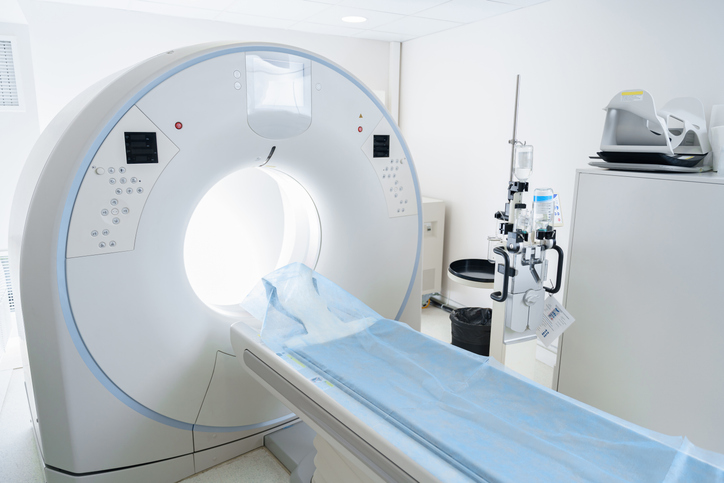
This week’s Round-up features two interesting studies focusing on women’s health, an interesting cardio-oncology paper, and good news about metabolic surgery.
GLOBAL LEADERS Analysis: Women Face Higher Bleeding Risk Post-PCI
A new analysis in JAMA Cardiology of patients from the GLOBAL Leaders study looked at whether women and men had similar outcomes on two different antiplatelet regimens. The study included almost 16,000 participants who underwent percutaneous coronary intervention, 23.3% of whom were women (n=3,714). The risk for the composite endpoint of all-cause mortality, new Q-wave myocardial infarction were similar between men and women, but women reported a higher risk for BARC type 3 and 5 bleeding, and a higher risk for stroke as well. “Antiplatelet strategy on bleeding at one year may be different between the sexes,” the researchers wrote.
https://www.docwirenews.com/docwire-pick/cardiology-picks/women-bleeding-stroke-global-leaders-antiplatelet/
Exercise Pre-Breast Cancer Diagnosis Linked with Reduced CV Event Risk
A new analysis showed that women who exercised prior to a primary breast cancer diagnosis had a lower risk for experiencing cardiovascular events post-diagnosis. The study, published in the newly launched JACC CardioOncology, looked at more than 4,000 women with a primary breast cancer diagnosis in the Women’s Health Initiative. Participants reported on questionnaires about weekly physical activity and exercise. The results suggested that the incidence of cardiovascular events decreased with increased metabolic equivalent task hours per week, across study categories. “As more and more patients survive their breast cancer, cardiovascular disease is and will continue to become a major risk of morbidity and mortality for survivors,” an editorial published with the study said.
https://www.docwirenews.com/cardiology/exercise-breast-cancer-diagnosis-cv-risk/
Can Neurohormonal Therapies Lower Cardiotoxicity in Chemo Patients?
A new meta-analysis suggests that some neurohormonal therapies may increase left ventricular ejection fraction (LVEF) in patients undergoing chemotherapy. A cohort of nearly 2,000 participants was derived from 17 different trials. According to the study results, neurohormonal therapy (vs. placebo) was associated with significantly higher LVEF on follow-up. There was also a reported decrease in adverse clinical events, although the association did not reach a statistical significance. “Significant heterogeneity is observed in the treatment effects across studies highlighting the need for larger trials of cardioprotective strategies,” the researchers wrote in their conclusion.
https://www.docwirenews.com/docwire-pick/cardiology-picks/neurohormonal-therapies-prevent-cardiotoxicity-incancerpatients-undergoing-chemotherapy/







 © 2025 Mashup Media, LLC, a Formedics Property. All Rights Reserved.
© 2025 Mashup Media, LLC, a Formedics Property. All Rights Reserved.